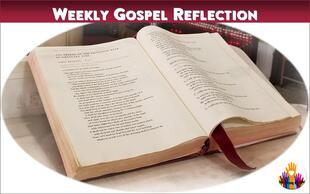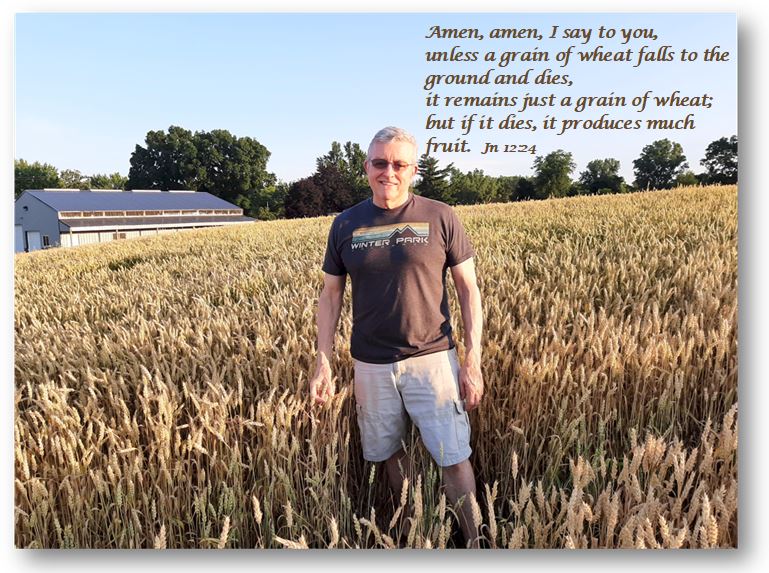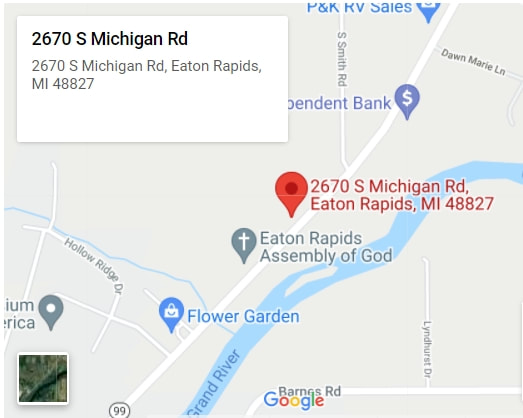Fifth Sunday of Lent
|
Next Hope Crossing Praise & Worship Wednesday, March 27th, 2024, 6:30 pm Praise & Worship 6:30 pm - 8:00 pm All Are Welcome! Join us as we give praise to God for His Abundant Blessings! Mark Your Calendars And the 2nd and 4th Wednesday of the month: March 27th, 2024 April 10th, 2024 April 24th, 2024 https://www.hopecrossingministries.com/ Where: Rock and Margo's Home Eaton Rapids, Michigan https://www.hopecrossingministries.com/ |
Home About
Hope Crossing Ministries | 2670 S Michigan Rd. | Eaton Rapids, MI 48820 | Email: [email protected]
(c) 2023 All Rights Reserved
Hope Crossing Ministries | 2670 S Michigan Rd. | Eaton Rapids, MI 48820 | Email: [email protected]
(c) 2023 All Rights Reserved




